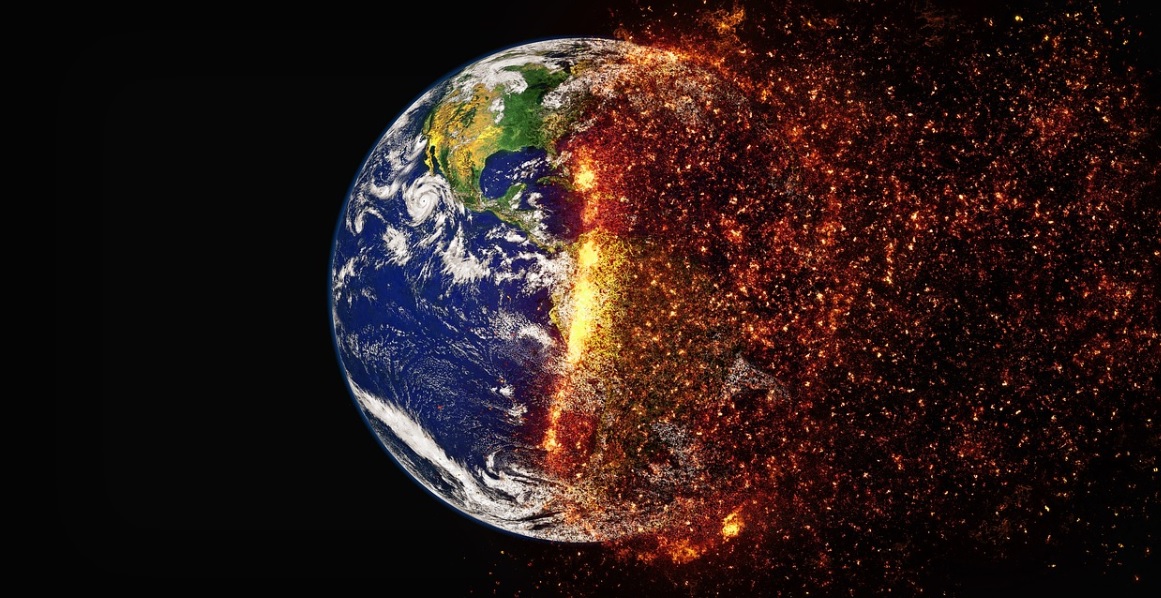#ClimateChange #inflation
“The central bankers main job it is to maintain stable prices will struggle to come up with hard and fast numbers” — Paul Ebeling
For Bank of England chief Andrew Bailey, tackling climate change carries inflation risks if you do too little, too late.
For Larry Fink, head of investment giant BlackRock (NYSE:BLK), the risk is if you go too fast.
The Big Q: Who’s right?
The Big A: That depends on how policymakers, investors and consumers square up to the complex set of variables that, one way or another, will be disrupting the global economy in the future.
World leaders will head to Glasgow in November for United Nations talks to map a smooth path into Y 2050, the agreed deadline to cut planet-warming emissions to “net zero” and cap global temperatures at no more than 1.5 degrees Celsius above pre-industrial norms.
Mr. Fink is focused on the cost of an over-hasty transition. He warned, as an example, that a rapid greening of policies would increase the cost of air fuels and so the price of air tickets.
The issue, he said, was whether regulators and governments “accept more inflation to go green”.
Such a trade-off may be uncomfortable for those who already worry that unprecedented levels of VirusCasedemic stimulus will end up overheating the global economy.
Most economists would agree that climate policy can push prices higher because the current price of carbon does not reflect its true environmental cost. So, any policy that seeks to reflect that cost would tend to send prices higher.
Nicholas Stern, who produced a landmark Y 2006 report on the economics of climate change, argued the investment that a future green economy would need for new forms of production could offer an attractive home for the world’s stock of savings.
“If we get it right, it is the growth story of the 21st Century,” he told the finance chiefs’ conference.
Have a healthy day, Keep the Faith!









